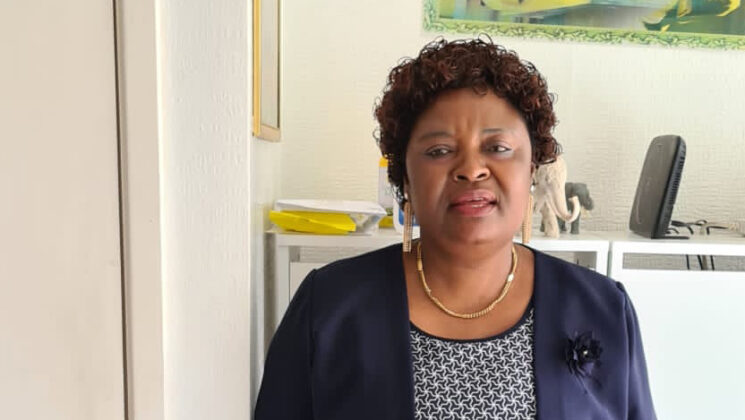Care workers in Bedfordshire and Hertfordshire are launching Who Cares? next week, beginning their campaign for a real living wage, contractual sick pay and covid-related sick pay.
Before the meeting, we asked some of the workers speaking to explain why they’re committed to raising pay and conditions in the sector.
Francisca
I worked in various care homes as a care assistant and progressed to a care team manager since I came from Zimbabwe 20 years ago.
The challenges that I have had to face as an immigrant Black woman are low pay, sick pay and racism. Bullying and harassment towards black workers are rampant, and I have experienced and witnessed this regularly.
The thing is, we all know that care workers do not get paid decent wages. Often, we get mistreated.
We all know that during the pandemic, carers risked their lives even though PPE was inadequate. We have worked well as a team to protect the elderly from the virus.
But carers like me had little protection, little pay and no sick pay.
I hope the government will start supporting us by recognising our worth and giving us rights equal to health workers.
Marianne
For 18 years working as a carer, I obtained many skills and knowledge but never felt recognised. There was no promotion or career development.
What did develop was physical aches, pains and decline of my mental wellbeing. You can imagine a carer’s everyday work — dressing, washing, lifting, giving medication, cleaning, providing a listening ear, support and reassurance.
I had often dealt with difficult situations like being shouted at, being disrespectfully treated and being left traumatised when the person I cared for dies.
I have never complained. I just thought it was part of my job. I keep telling myself I have to be mentally and physically strong to cope with the work.
I was one of the carers who suffered from the virus during the pandemic. It was a dreadful experience. I had to borrow money to look after my daughter and pay for rent, bills, and food because I did not get sick pay. My monthly rent is £950, and my salary is £1200. I could not afford to get ill again.
Then there is a feeling of uncertainty. I am not getting any younger. The strength I used to have is gradually deteriorating. My mental health is at risk due to the amount of stress I have to deal with at work.
I want to give my daughter a promising future, but I am unsure if I will be with my little salary, with the price increasing, and if I get sick again, how will we survive?

Rolando
I’ve been telling my employer that I am diabetic and have a chest problem. I gave them a medical report and a doctors letter.
However, they still forced me to lift cartons of milk with eight boxes every three days, lift heavy furniture and transfer them to another room in the home, carry residents when the lift does not work, and lift boxes of supplies and deliveries. I also get residents from their rooms towards the dining, pushing them upwards to the dining hall.
When I suffered from Covid-19 last year, I had to beg my employer to pay me statutory sick pay. I nearly lost my life in Covid-19 and my employer did not care or even call to ask how I was. They only called to ask for my GP letter.
When I returned to work, I raised PPE issues that could affect staff and service users. Instead of listening to my complaints and supporting me, given I had just recovered from Covid, my (then) employer threatened and treated me awfully. I had no choice but to leave as I felt disrespected, belittled and my health and safety were at risk.
Who Cares? is about improving things in care. We’re campaigning for
- A real living wage as a minimum,
- Occupational sick pay,
- Covid-related sick pay.

